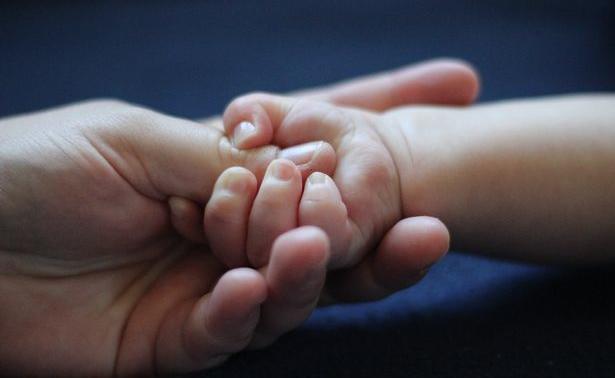Maternal Psychological Distress and Its Effects on Our Children
Recent research conducted by Cambridge University suggests that psychological distress in new mothers can have a negative impact on their child’s mental health between the ages of 3 and 11.
Researchers used the UK Millennium Cohort Study, a nationally representative sample which is compiled of data collected throughout childhood as their sample for data. They looked at the exposure of medium to high levels of psychological distress in mothers on their children’s mental health.
They found that when a mother has experienced psychological distress prior to and during their child’s childhood, at the ages of 3, 5, 7 and 11, their child is more likely to experience higher levels of mental health problems. In fact, when there was a long exposure of maternal psychological distress, the risk of a childhood mental health problems was five times more likely. (Hope et al., 2019). With results such as these, it is no surprise that children’s happiness is at the lowest level in a decade (Independent, 2019).
In the study by Cambridge researchers, it was concluded that more support should be offered for both expectant and current mothers. It is clear that Scotland is taking this matter seriously having rolled out a £50 million investment into their mental health services for new mums, babies and young children (Scottish Government, 2019).
With mental health problems on the rise, it appears that England should follow in Scotland’s footsteps in providing better support for maternal psychological distress.
References
- Hope, S., Pearce, A., Chittleborough, C., Deighton, J., Maika, A., Micali, N., . . . Lynch, J. (2019). Temporal effects of maternal psychological distress on child mental health problems at ages 3, 5, 7 and 11: Analysis from the UK Millennium Cohort Study. Psychological Medicine, 49(4), 664-674. doi:10.1017/S0033291718001368
- https://www.independent.co.uk/news/education/education-news/child-happiness-crime-environment-school-bullying-social-media-a9080721.html
- https://www.gov.scot/news/mental-health-support-for-new-mums/

